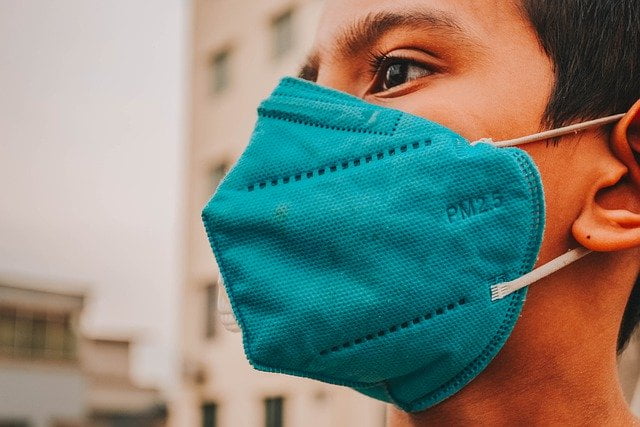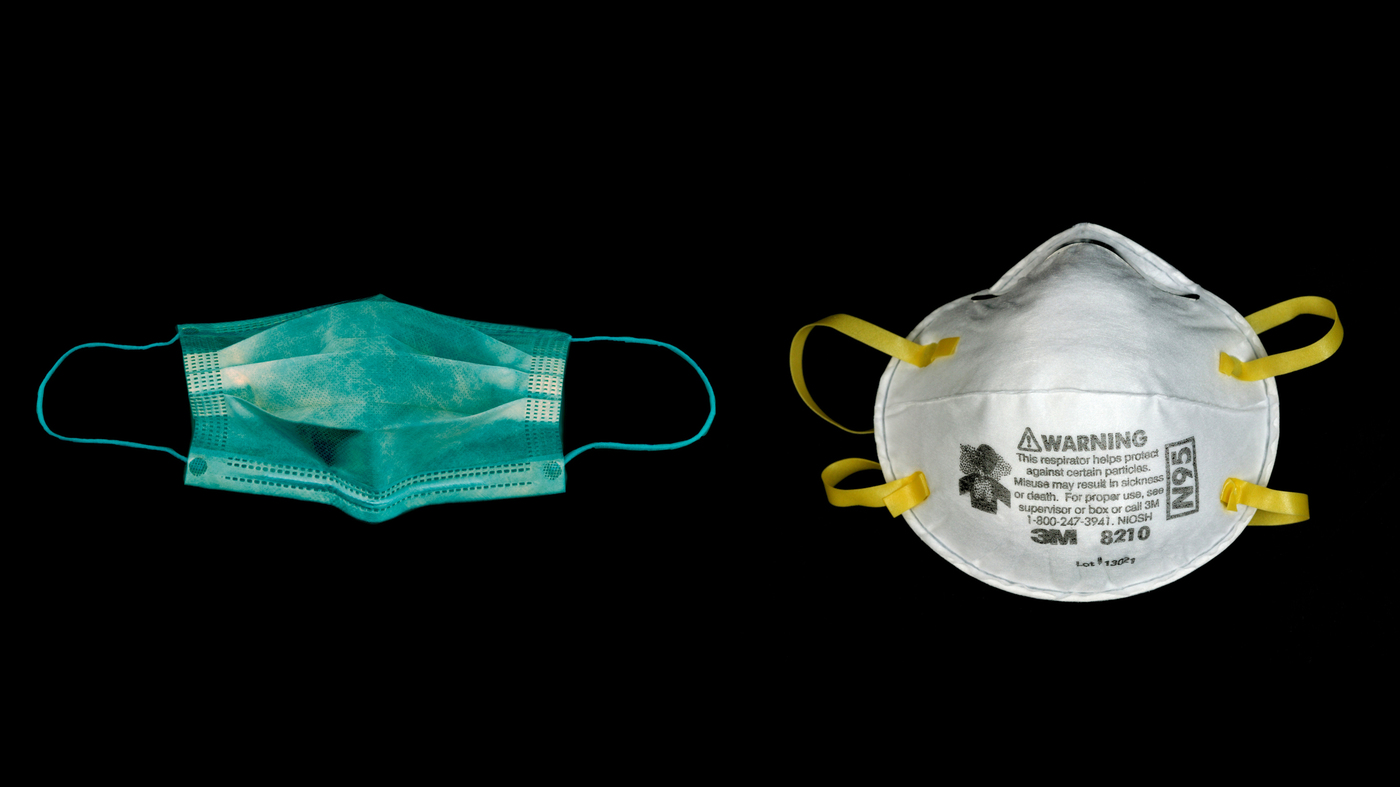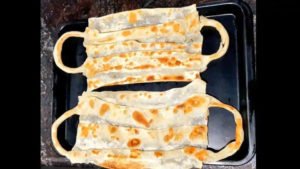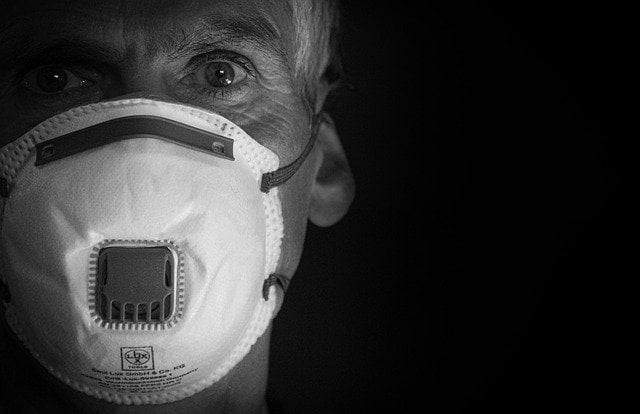Which Is The Safest Mask Against COVID-19? US Study Finds Out

A group of researchers at Duke University, US have compared 14 different types of masks and face coverings to find out which is the most effective in preventing the spread of droplets emitted by people when talking — a crucial aspect in reducing the transmission of COVID-19.
The researchers devised a low-cost laser sensor device and used it to compare the different masks and face coverings.

According to the results published in the journal Science Advances, the best face mask for preventing spread of droplets were N95 masks without valves while fleece coverings and bandanas were the least effective, with researchers finding them “worse than not wearing any kind of facial covering”, according to a report in Indian Express.
“Surgical masks are commonly worn by medical personnel and have received a fair amount of testing in clinical settings. But there was no quick, easy, and cost-effective way to demonstrate the effectiveness of such a wide variety of other mask types, like loose fabric masks or face coverings,” said lead researcher Emma Fischer.
The masks were ranked on the basis of relative droplet count on a scale of 1.0, representing the number of droplets that were emitted when a person had no face covering, to 0.0, when minimal or no droplets were spread.

The experiment revealed N95 masks without exhalation valves, worn by frontline healthcare workers, were the best at blocking droplets and had a relative droplet count of zero.
The three-layer surgical mask came second and had a more variable relative droplet count that ranged from zero to 0.1. At the third and fourth spot were the ones with polypropylene: the cotton-polypropylene-cotton mask and the 2-layer polypropylene apron mask. N95 masks with valves were ranked seventh, registering a relative droplet count ranging from 0.1 to 0.2.
Recommended Types Of Masks
The Union Health Ministry has encouraged people to use home-made face masks or coverings made of cloth, preferably cotton, which can be tied or fastened over the nose and mouth.

In June, the World Health Organisation (WHO) suggested that everyone should wear fabric masks (non-medical) in public. Fabric masks should contain at least three layers of different materials.
The US Centers for Disease Control and Prevention said masks made of tightly-woven fabric should be used but they should not have valves or vents.

Comments are closed.